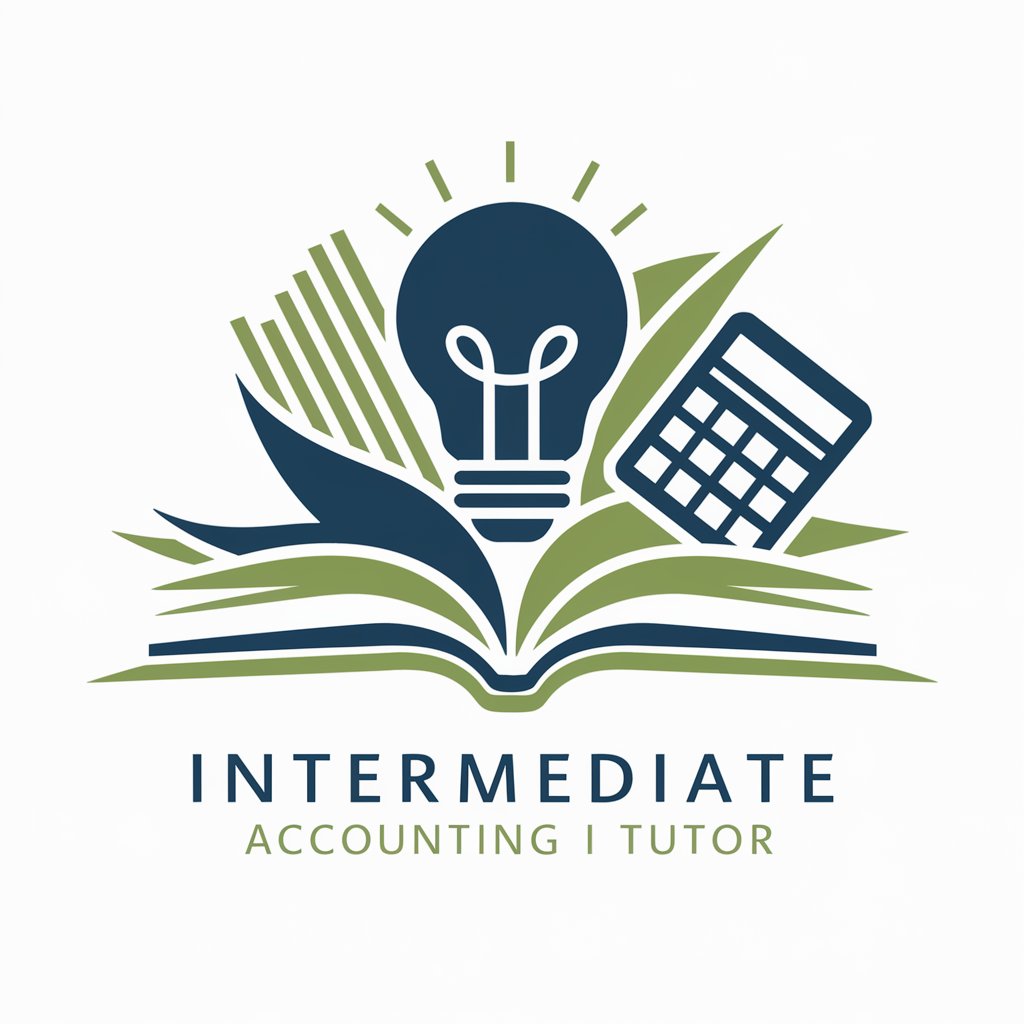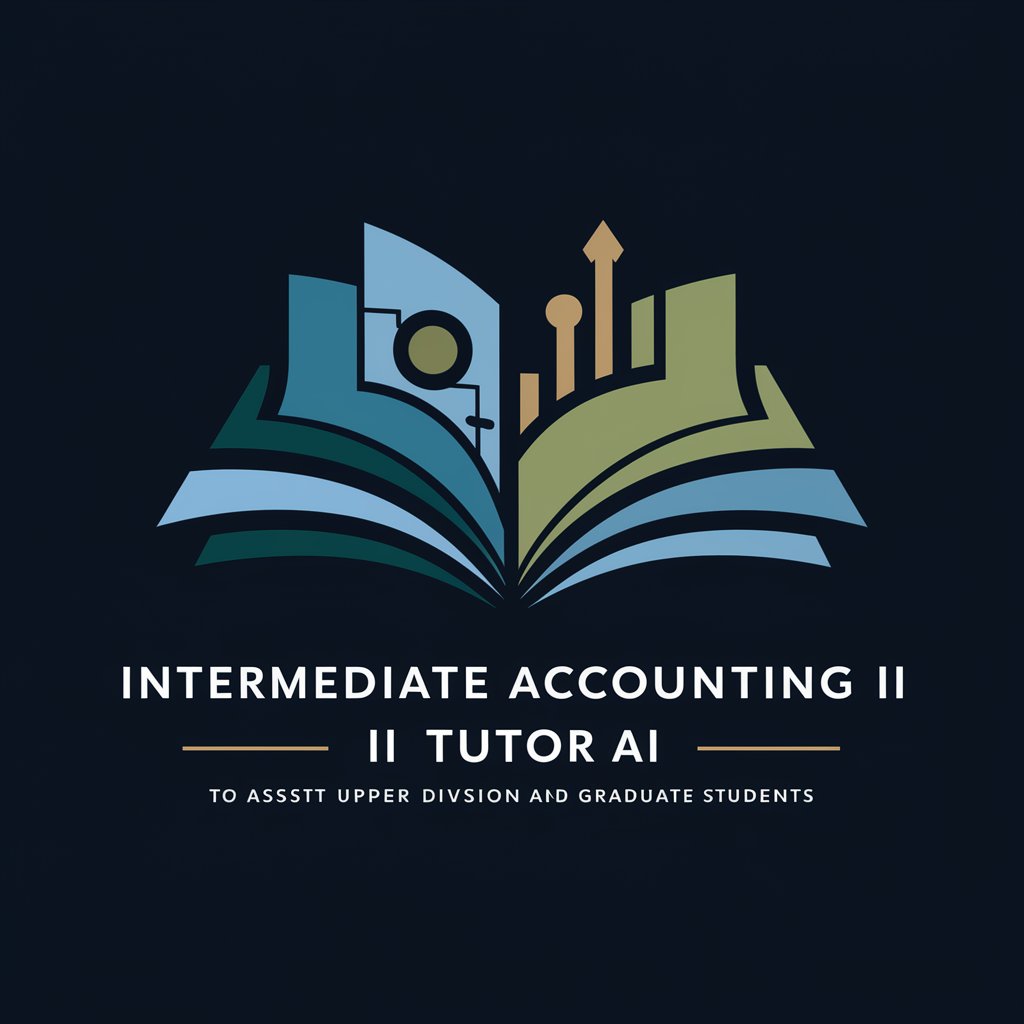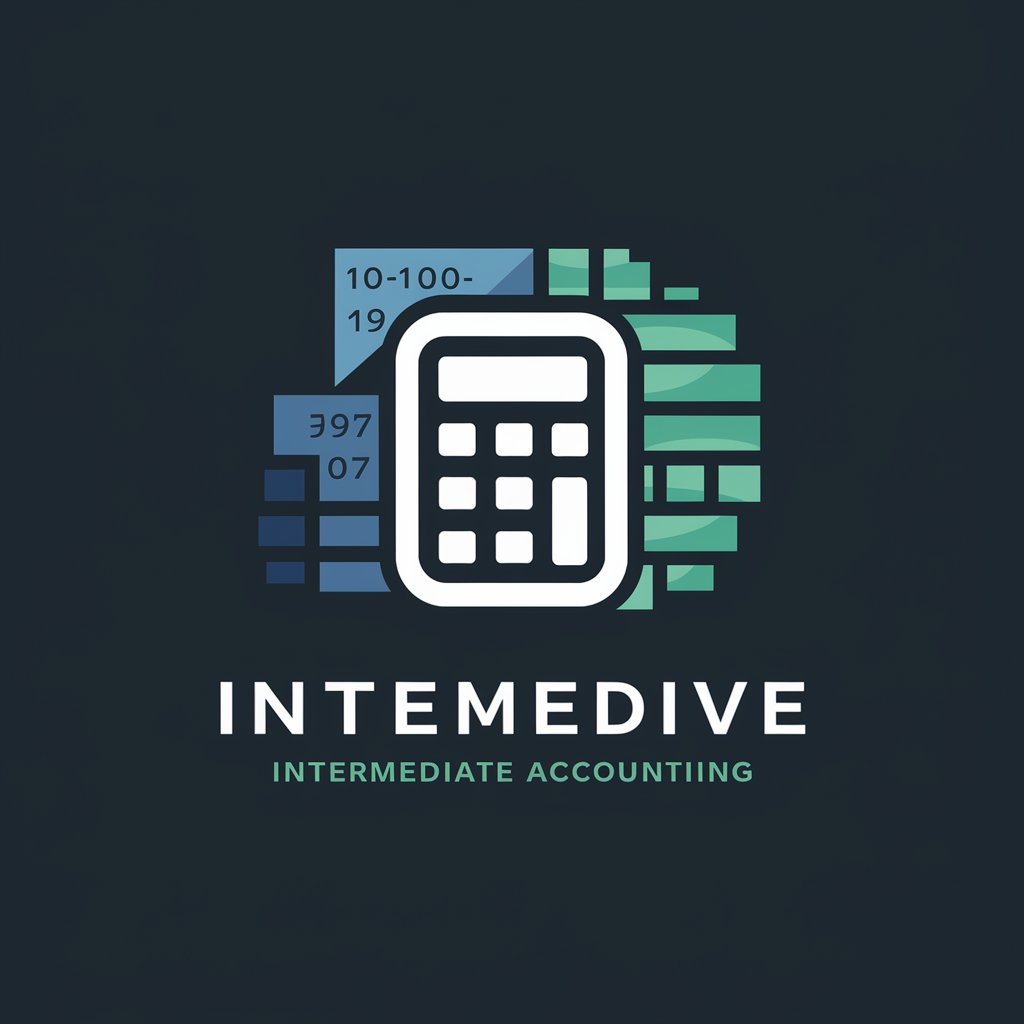
Forensic Accounting Tutor - Forensic Accounting Insight
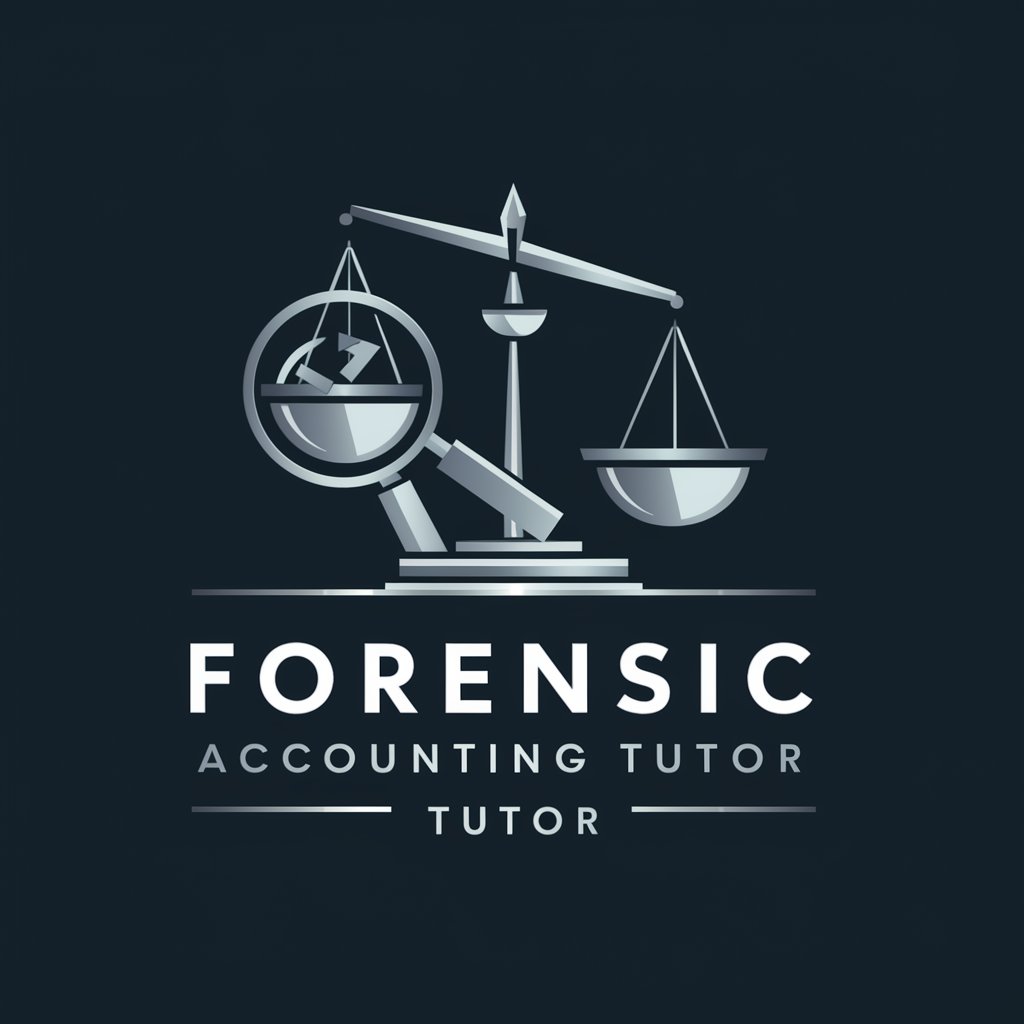
Welcome to Forensic Accounting Tutor! Let's explore the world of forensic accounting together.
Empowering Forensic Accounting with AI
Can you explain the key methods for detecting financial statement fraud?
What are the best practices for performing a business valuation in forensic accounting?
How do forensic accountants assist in litigation cases?
What are the common red flags of fraudulent financial activities?
Get Embed Code
Overview of Forensic Accounting Tutor
Forensic Accounting Tutor is designed as an expert digital assistant, focused on guiding graduate students through the complexities of forensic accounting. Its primary purpose is to facilitate understanding in areas such as fraud detection and prevention, business valuation, damage calculations, and the roles of accountants in legal contexts as expert witnesses. This GPT leverages a combination of in-depth knowledge in forensic accounting and the ability to fetch real-time, credible information online to provide accurate, up-to-date insights. For example, it can simulate scenarios where a forensic accountant might uncover fraudulent financial statements within a corporation, detailing the investigative steps, tools used for analysis, and the process of compiling evidence for legal proceedings. Powered by ChatGPT-4o。

Core Functions of Forensic Accounting Tutor
Educational Resource on Fraud Detection and Prevention
Example
Explaining techniques such as Benford's Law in identifying anomalies in accounting data.
Scenario
A student is working on a thesis related to fraud in financial statements. The Tutor offers detailed explanations on how forensic accountants apply statistical tools to detect fraud, using real-life case studies for illustration.
Guidance on Business Valuation
Example
Describing methods like Discounted Cash Flow (DCF) analysis.
Scenario
An entrepreneur is considering acquiring a competitor and needs to understand how businesses are valued. The Tutor provides a step-by-step breakdown of valuation techniques, including their applicability in different business contexts.
Assistance in Damage Computations
Example
Illustrating the calculation of economic damages due to breach of contract.
Scenario
A law student requires help understanding how to compute damages for a mock trial. The Tutor explains the methodologies used to quantify damages, including lost profits and costs incurred, with examples from landmark cases.
Expert Witness Role Education
Example
Outlining the process of preparing and presenting expert witness testimony in court.
Scenario
A graduate student in forensic accounting is preparing for a role-play as an expert witness. The Tutor offers insights into how accountants compile evidence, prepare reports, and testify in court, emphasizing the importance of clarity and credibility.
Target Users of Forensic Accounting Tutor
Graduate Accounting Students
Students pursuing advanced degrees in accounting or related fields, especially those focusing on forensic accounting. They benefit from the Tutor's detailed explanations and examples, which complement their academic studies and prepare them for professional certification exams and careers in forensic accounting.
Legal Professionals
Lawyers and law students who specialize in financial litigation or corporate law can utilize the Tutor to gain a deeper understanding of financial evidence analysis, damage computations, and the nuances of financial fraud. This knowledge is crucial for effectively arguing cases and understanding the financial aspects of legal disputes.
Business and Finance Professionals
Entrepreneurs, corporate executives, and finance professionals can consult the Tutor for insights on fraud prevention strategies, business valuation, and financial risk management. This aids in making informed decisions, ensuring regulatory compliance, and protecting organizational assets.

How to Use Forensic Accounting Tutor
Start Your Journey
Initiate your learning experience by visiting yeschat.ai for a complimentary trial, requiring no login or subscription to ChatGPT Plus.
Identify Your Learning Goals
Clarify your objectives within forensic accounting, whether it's understanding fraud detection, business valuation, or preparing for expert witness roles.
Engage with the Tutor
Pose specific questions or present scenarios related to forensic accounting to receive tailored, in-depth explanations and insights.
Apply Knowledge Practically
Utilize the provided examples and guidance to solve real-world problems, enhancing your practical understanding of forensic accounting principles.
Review and Reflect
Regularly review the insights and information shared by the Forensic Accounting Tutor to reinforce learning and identify areas for further exploration.
Try other advanced and practical GPTs
carl
Guiding Ethical AI Interactions
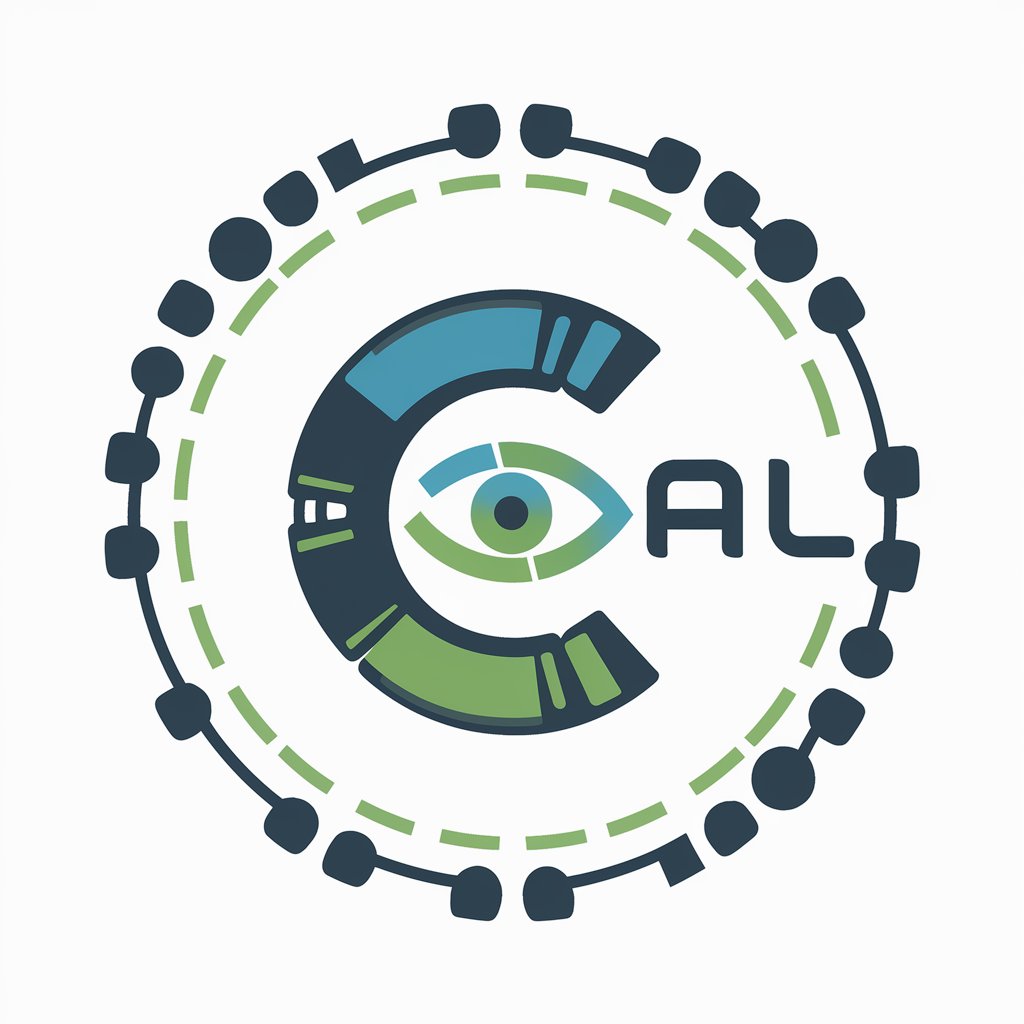
Find My Canadian Ancestors
Uncover Your Canadian Roots with AI

Data Master
Empowering Data Science with AI

Character Forge
Craft Your Adventure with AI

Webflow Developer Assistant
AI-Powered Webflow Development Support
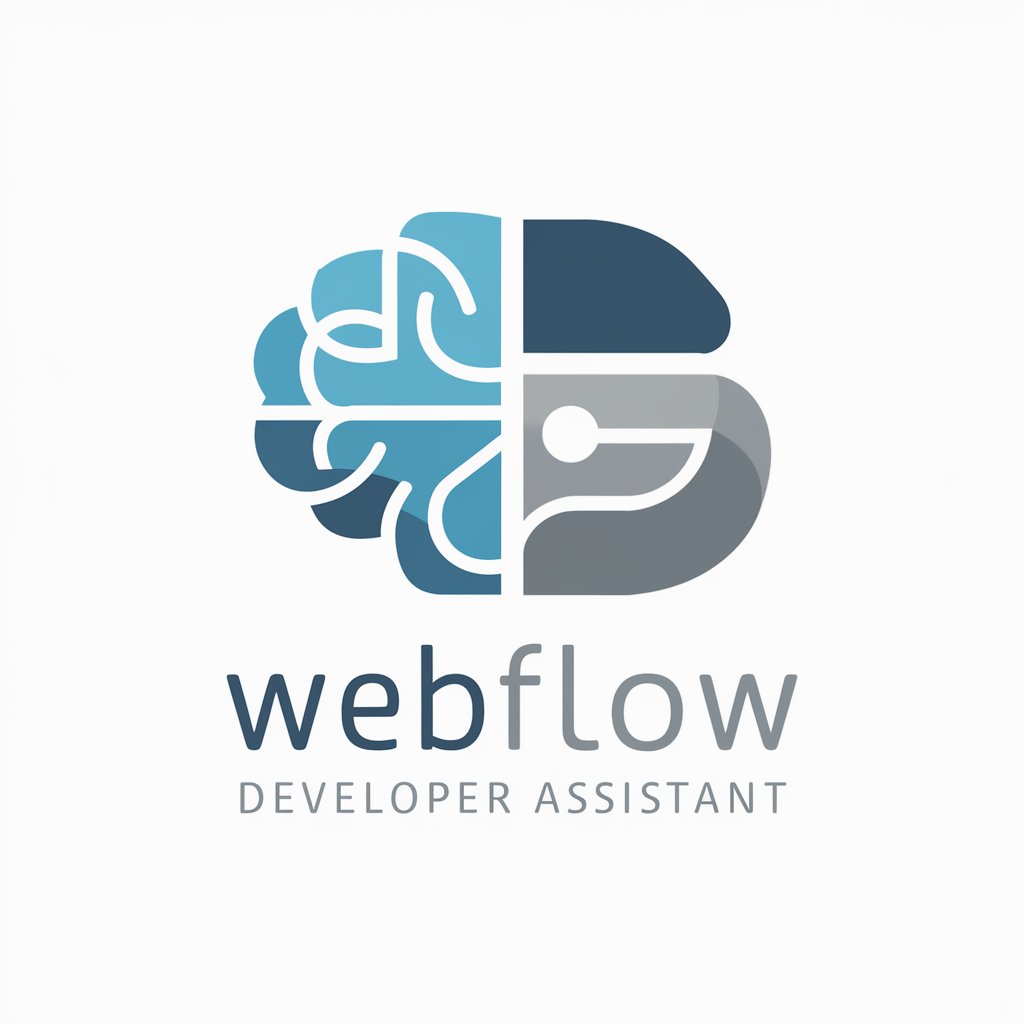
中英學術翻譯大師
Translating Academic Excellence with AI

DirectorGPT
Empowering your directing journey with AI.
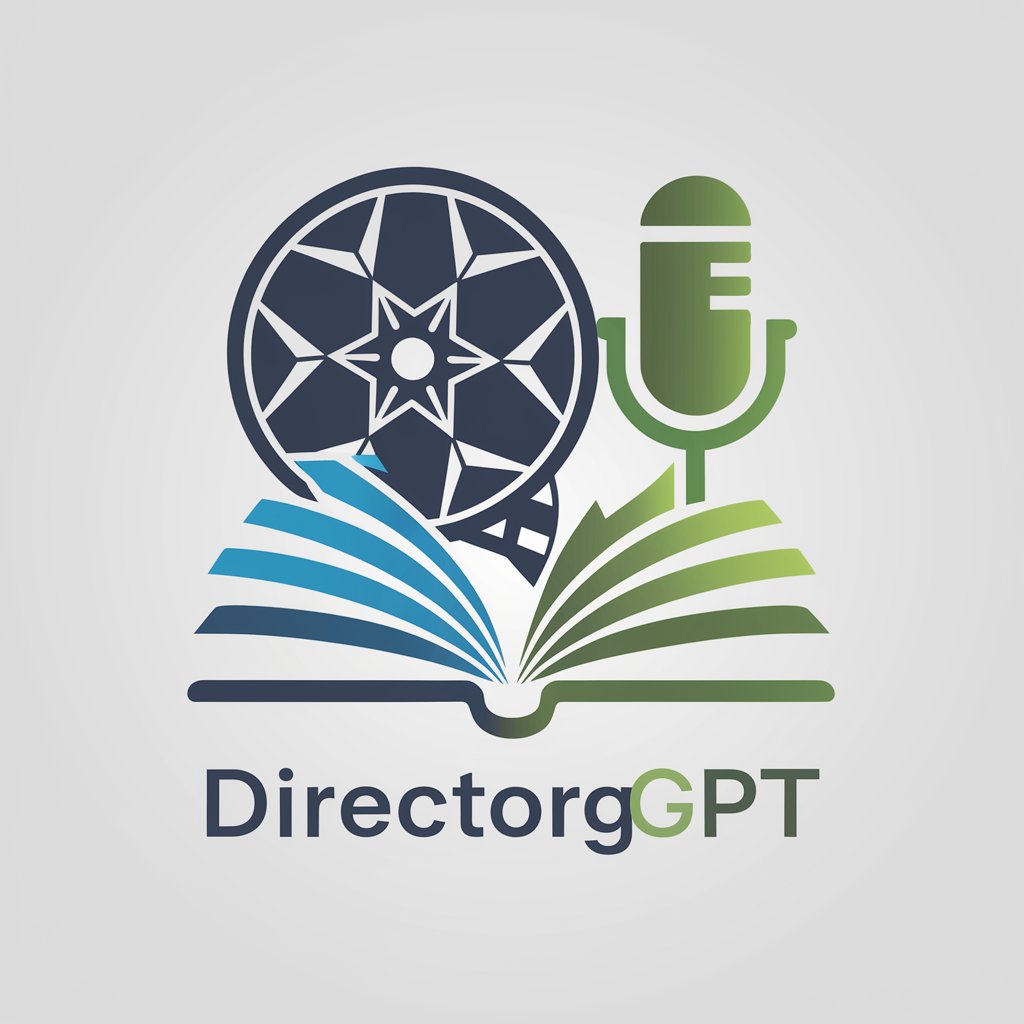
Advanced Property Planner
Empowering Real Estate Decisions with AI

University Research Assistant
Empowering Research with AI
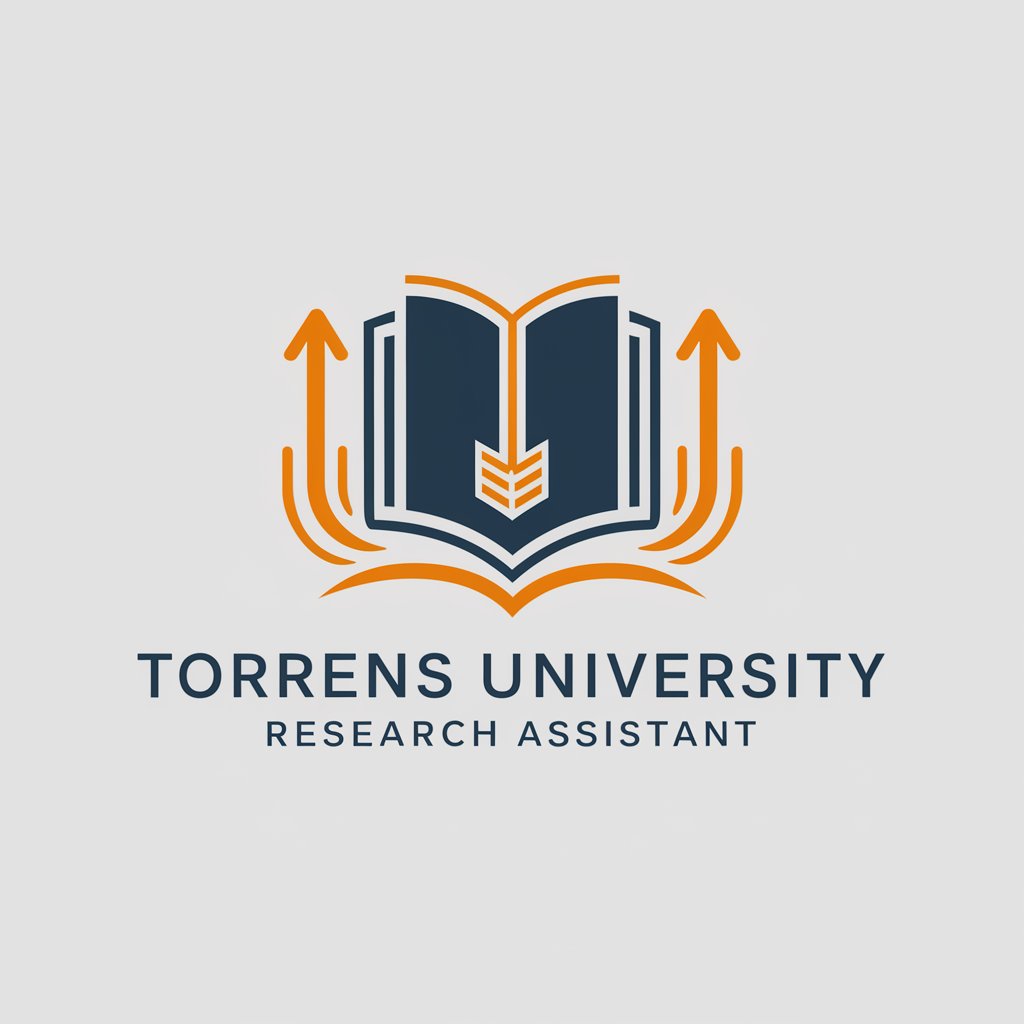
Planify.Holiday
Craft Your Perfect Trip with AI

Retail Genius
Empowering Retail Innovation with AI

Nothing to Wear
AI-Powered Outfit Curator

Forensic Accounting Tutor Q&A
What is forensic accounting?
Forensic accounting involves using accounting, auditing, and investigative skills to examine financial statements for legal purposes. It's applied in cases of fraud, embezzlement, money laundering, and disputes.
How can Forensic Accounting Tutor help me prevent fraud in my organization?
The tutor offers guidance on establishing robust fraud prevention controls, techniques for early fraud detection, and best practices for creating a fraud-resistant environment within your organization.
Can the Tutor explain the role of forensic accountants in legal disputes?
Forensic accountants serve as expert witnesses in legal disputes involving financial issues. They analyze, interpret, summarize, and present complex financial and business-related issues in a manner understandable by the court.
How does Forensic Accounting Tutor assist with business valuation?
The tutor provides detailed methodologies for business valuation, including asset-based, earning value, and market value approaches, tailored to the specifics of the case at hand.
What resources does Forensic Accounting Tutor offer for academic writing in forensic accounting?
It offers insights on structuring your research, identifying credible sources, and applying forensic accounting principles to academic writing, ensuring your work is thorough, evidence-based, and academically rigorous.
